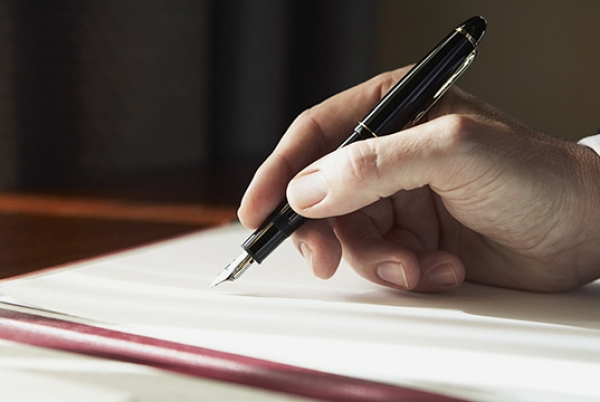When the “Sunni” count their dead
Once again, a descendent of Al-Saifa(1) addressed a letter to his Lebanese friend, not to “correct” a historical “fact” as he often does, but to announce the tragic death of his only child in Nahr al-Bared.
He says that when it comes to patriotism, his credentials are uncontested. He is a descendant of a prominent Sunni family from A’arqa fortress whose ancestors lost their fiefdom to Fakhreddine and simply paid the price of their devotion to the Ottomans and the Sunni Caliphate.
He was deeply moved by Grand Mufti Sheikh Mohammed Rashid Qabbani and Sa’ad Hariri’s call on “Ahlu al-Sunna”(2) (the “Sunni people”) in the North to “rally and support the Lebanese Army against a militia which has nothing to do with Fatah Movement or Islam”, as they said.
Crying over his son’s dead body, the descendant of Al-Saifa wondered why his family has been paying the ultimate price since hundreds of years, although they belong to the “Sunni people”, who are supposedly rulers and not victims like the Shia’a, he stated.
He hoped that his desperate calls would be heard by “Ahlu al-Sunna” in every corner of the world, and all the way to Pakistan.
He was told that 166 Lebanese Army soldiers and officers and 220 of Nahr al-Bared militants and civilians were killed, 300 of whom were Sunni.
Many thoughts crossed his mind. He remembered the day when he joined a demonstration against Hizbullah and raised the flag of the Lebanese Forces following the July war, because Hizbullah (according to pro-government forces) was responsible for the death of 1,100 citizens.
“I did that although the majority of victims were Shia’a”, he said.
Now he wonders that Hizbullah was fighting the Israelis, who were trying to “eradicate it”.
However, he can’t understand for whom and against whom his son was fighting.
Al-Saifa descendant swears that he still supports the Lebanese Army and that if he had another son, he would have sent him to fight with the soldiers. Nonetheless, he admits that he had tears in his eyes when he saw the women and children of Nahr al-Bared militants leaving the camp while dead bodies were scattered in the streets.
“Did they know that they were fighting and killing Sunni, including my son?” he asked.
“I swear I will never turn on the television again or listen to a Lebanese religious leader or politician”, the man said furiously.
The words of a “Christian martyr’s mother” crossed his mind. “No one deserves the life of my son. Turn off the cameras; let him rest in peace…”
At the same time, he decides to forgive but would he ever forget?
He recalls the precious words of Sayyed Mohammed Hussein Fadlallah about revenge.
“This barbaric behavior is a horrendous crime… It indicates how deep-rooted the tribal mentality of backwardness, ignorance and fanaticism is; such a mentality approves of punishing the innocent for the crime of the guilty…”
Al-Saifa descendant is dreaming of the day when the Lebanese people will acknowledge their wrongs and settle their conflicts, starting from the massacres of 1840 to the 1975 civil war to the assassination of Rafik Hariri in 2005.
He recalled Ibn Arabi’s poem, “Wonder”:
A garden among the flames!
My heart can take on any form:
A meadow for gazelles,
A cloister for monks,
For the idols, sacred ground,
Ka’ba for the circling pilgrim,
The tables of the Torah,
The scrolls of the Quran.
My creed is Love;
Wherever its caravan turns along the way,
That is my belief,
My faith.
“The road of tribes and confessions is paved with our bodies. My inspiration now comes from a Christian lady and a Shia’a Mullah”, he said.
(1) Rulers of A’akkar and allies of the Ottomans, they were defeated by Emir Fakhreddine II in the 17th Century.
(2) “Ahlu al-Sunna”, a term coined following the battle of Siffin, which broke out between Imam Ali Bin Abi Taleb and Mu’awiyah I in 657 A.D. The battle resulted in an arbitration that caused the split between what was later called “Sunni” and “Shia’a”. This is perhaps the first time in Lebanon’s political history that the term “Ahlu al-Sunna” is used by a senior politician and a Mufti.
Jawad N. Adra








Leave A Comment